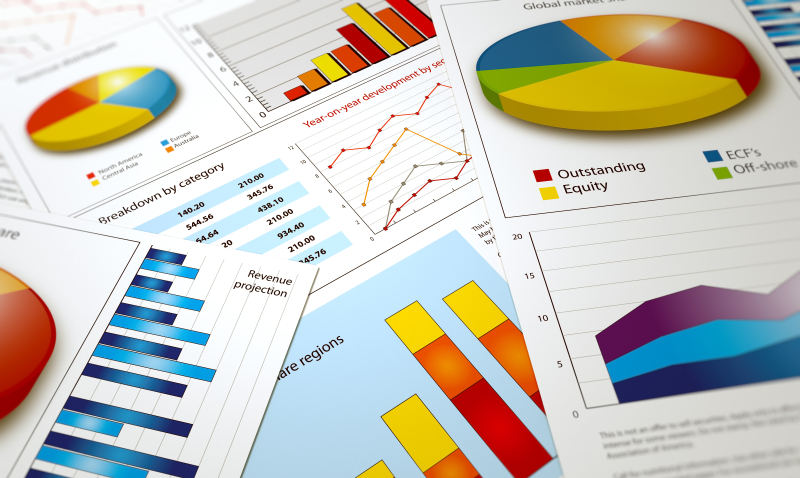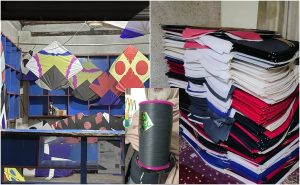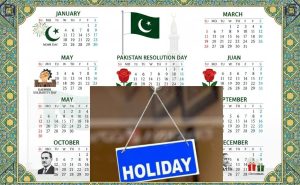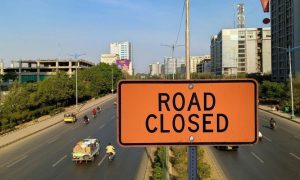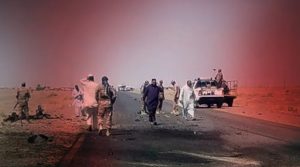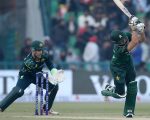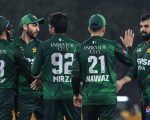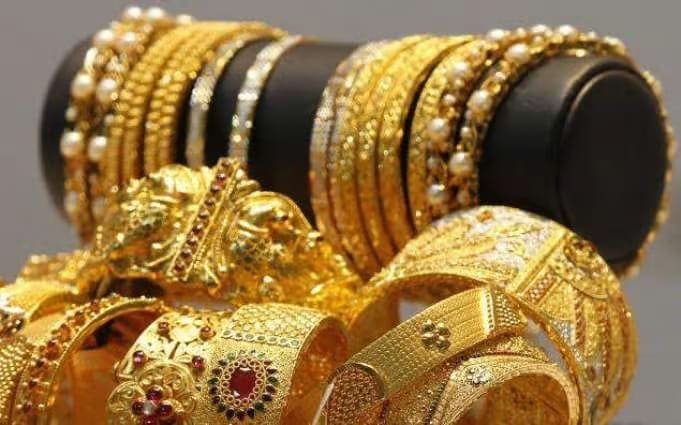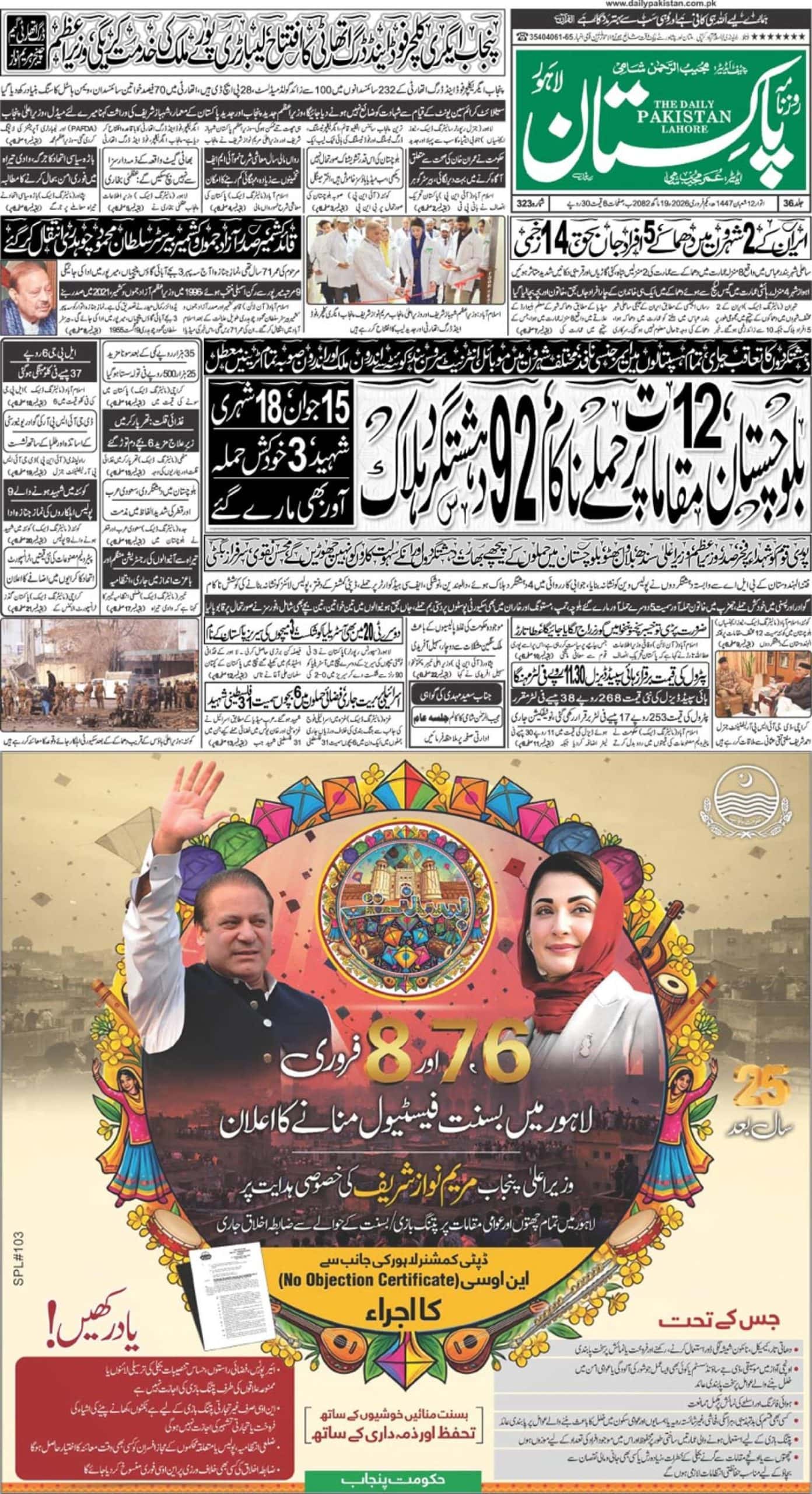LAHORE – The Pakistan chapter of American performance-management consulting company Gallup has put forth an interesting survey regarding the ongoing frayed relation between treasury benches and opposition in the aftermath of Panama papers truce and the point of common man about the system of government in the country.
The financial trajectory of the respondents was also researched as to how their daily routines changed over the past five years. They were also asked about the hullabaloo of Panama leaks and the results were surprising.
The survey also urged citizens to opine about the juxtaposition of democracy and dictatorship and how it affects their lives.
Who would win if elections are held today?
According to Gallup survey, PML-N is the most popular political party that will be voted for if elections are held again.

Error margin is estimated to be approximately ± 2-3 per cent at 95% confidence level.
Public opinion about PTI’s Islamabad Lock Down
The survey also covered the issue of Pakistan Tehreek-e-Insaf which is all set to flex its muscles in Islamabad on November 2 in the wake of Panama Leaks investigations.
62 percent of Pakistanis expressed that they did not support the Pakistan Tehreek-i-Insaf’s (PTI) planned lockup of federal capital in a bid to oust Prime Minister Nawaz Sharif over Panama leaks scandal, Gallup survey found.

The recent Gallup survey found that the majority of Pakistanis opposed the PTI’s lockdown of Islamabad and respected the Judiciary as arbitrator and trust the Supreme Court that has already sent notice to the Prime Minister and related persons on the issue of Panama Leaks.
37 percent supported the move while 1 percent either did not know or did not respond.
Among the voters of various parties, PPP voters are most opposed to lock-up (78) % followed by PML-N voters (70) %. Support is highest among PTI voters (78) %. Opposition to lock-up is lowest among PTI workers (22%). Among them 78% support the lock-up.
What Pakistani people think about Panama Leaks
Democracy or Dictatorship?
Despite the fact that corruption charges stick heavily in public perception, against the ruling Prime Minister, his family members as well as leaders in the opposition, the prospect of Martial law does not attract Pakistani majority.

In another question to participants as to what would they choose between democracy and dictatorship, 84 percent responded in democracy’s favor while 16 percent of them supported dictatorship.

Unlike several other countries in Asia, Africa, Latin America and even Europe no military rule sustained in Pakistan for over a decade. Military rule in Pakistan (1958) began alongside Egypt (few years earlier), Iraq (same year), Syria (few years later). But while none of them was able to return to pluralistic and competitive democracy to this day, Pakistan’s first military rule lasted for ten years (1958-68) and two successive martial laws (1922, 1999) were unable to outlast the duration of the first tenure.
But while none of them was able to return to pluralistic and competitive democracy to this day, Pakistan’s first military rule lasted for ten years (1958-68) and two successive martial laws (1922, 1999) were unable to outlast the duration of the first tenure.
Improvement in financial status
Majority of Pakistanis believe that their financial status has improved compared to a year ago, according to the survey

45 percent of the respondents said personal finances have improved. 34 percent said there is no change, while 21 percent believe they are worse off compared to a year ago.

Despite positive experience in personal finances over the last one year ( net positive +34%), there is skepticism about the prospects of progress in the national economy, 48 percent see bright prospects, but 51 percent see bleak prospects producing a net negative of 3 percent. It shows public discourse produces a bleaker image than personal experience.

Over a period of 3 years, positive view on direction of the country has risen from a low of 15% in April 2013 to a high of 52% during the second half of 2016.

